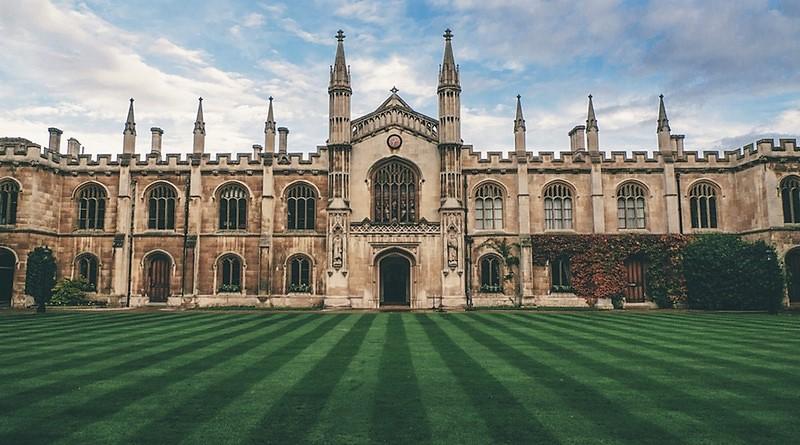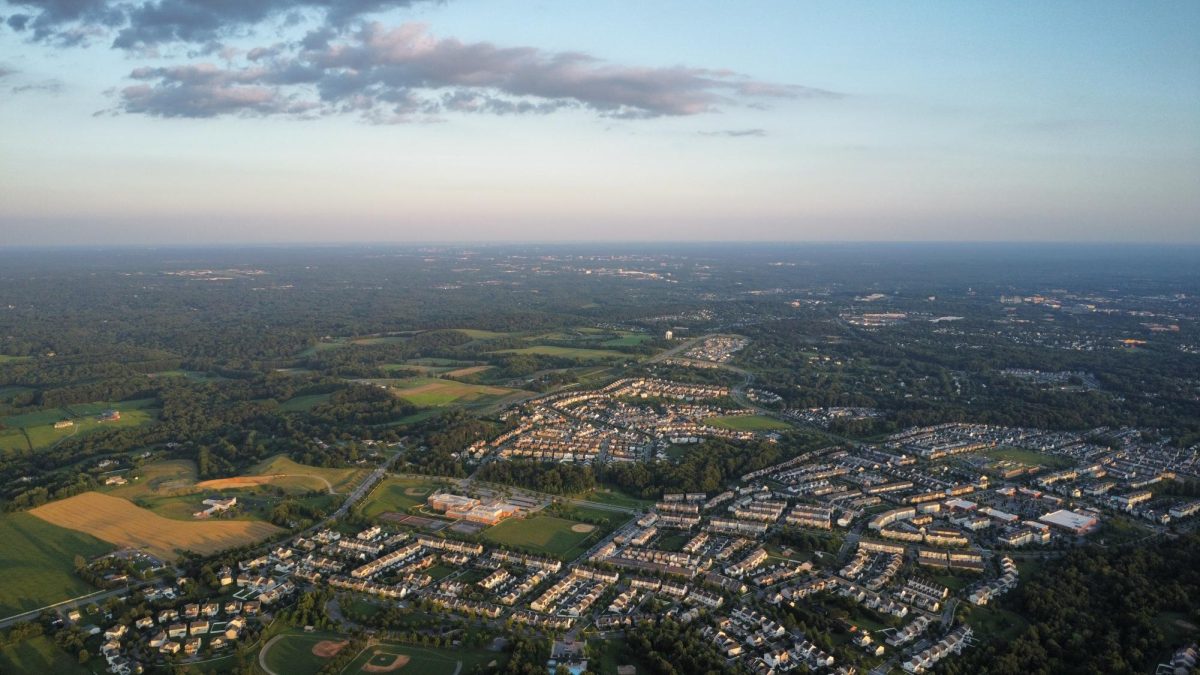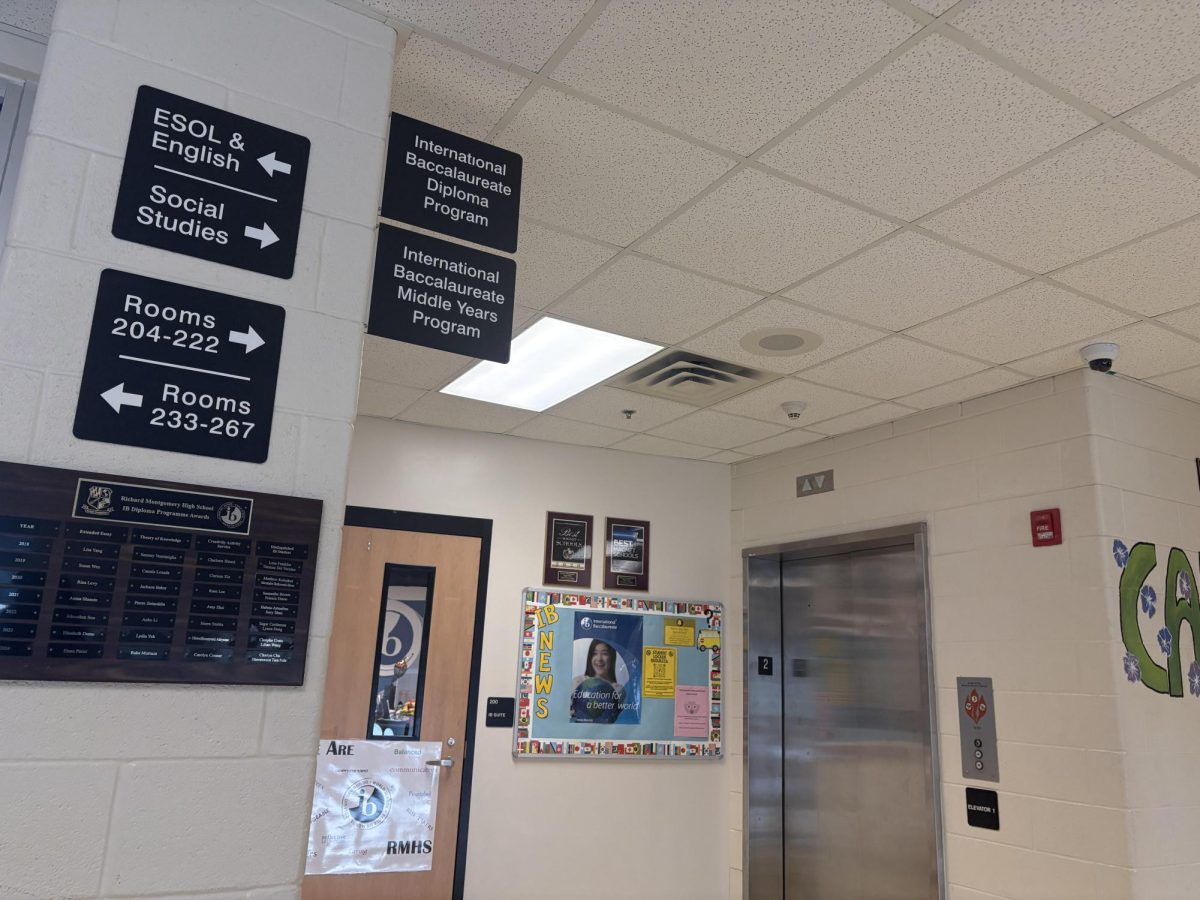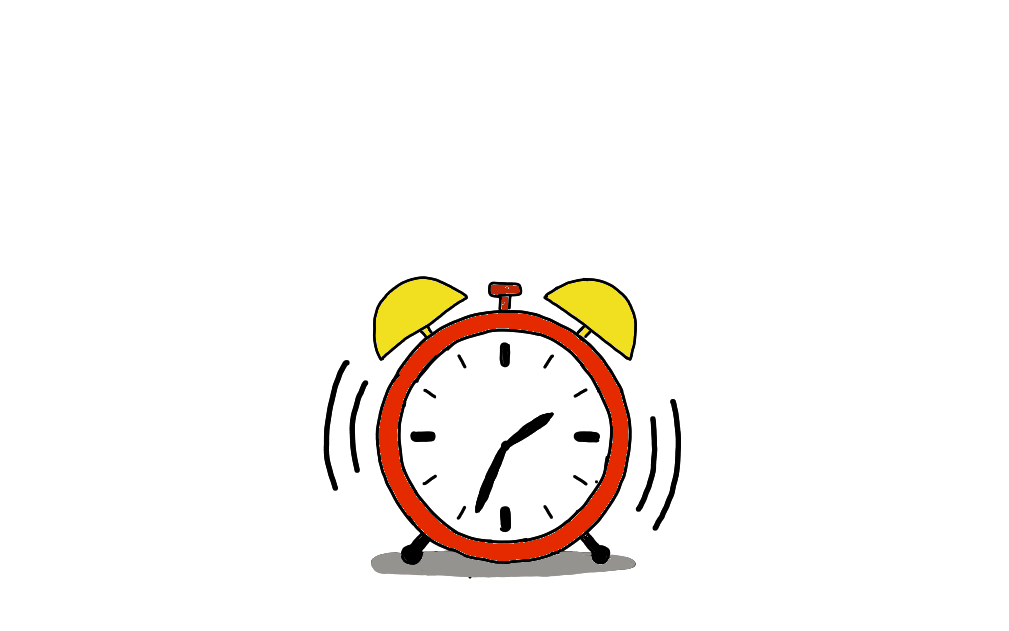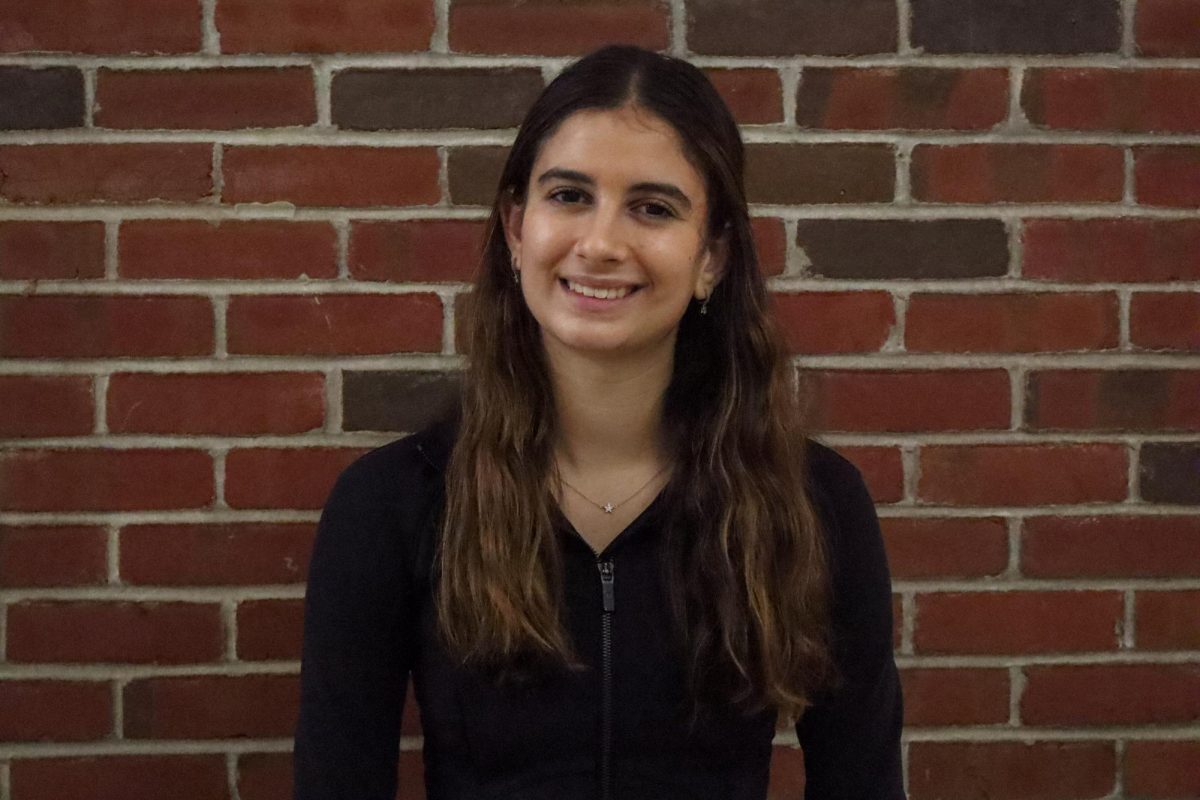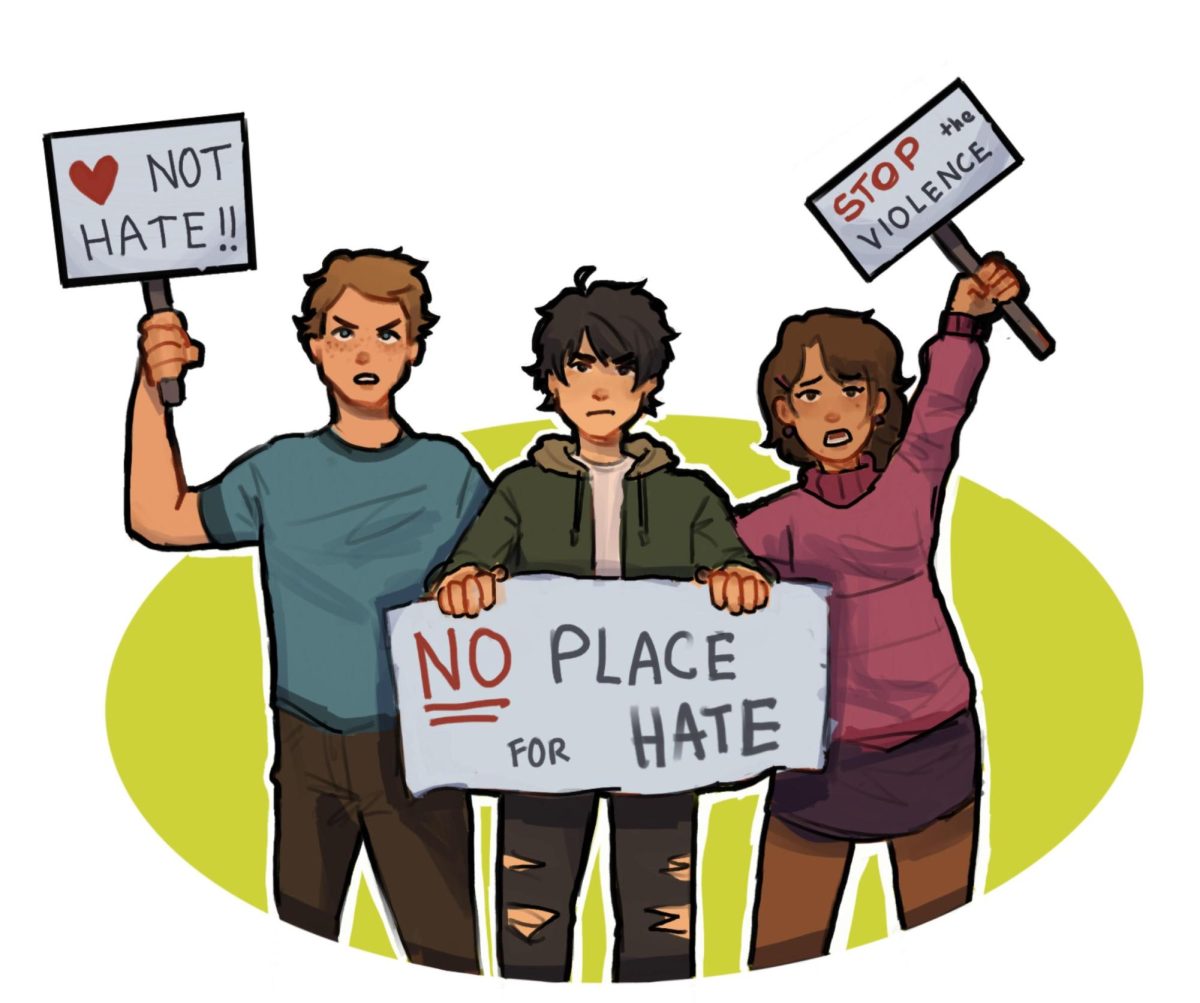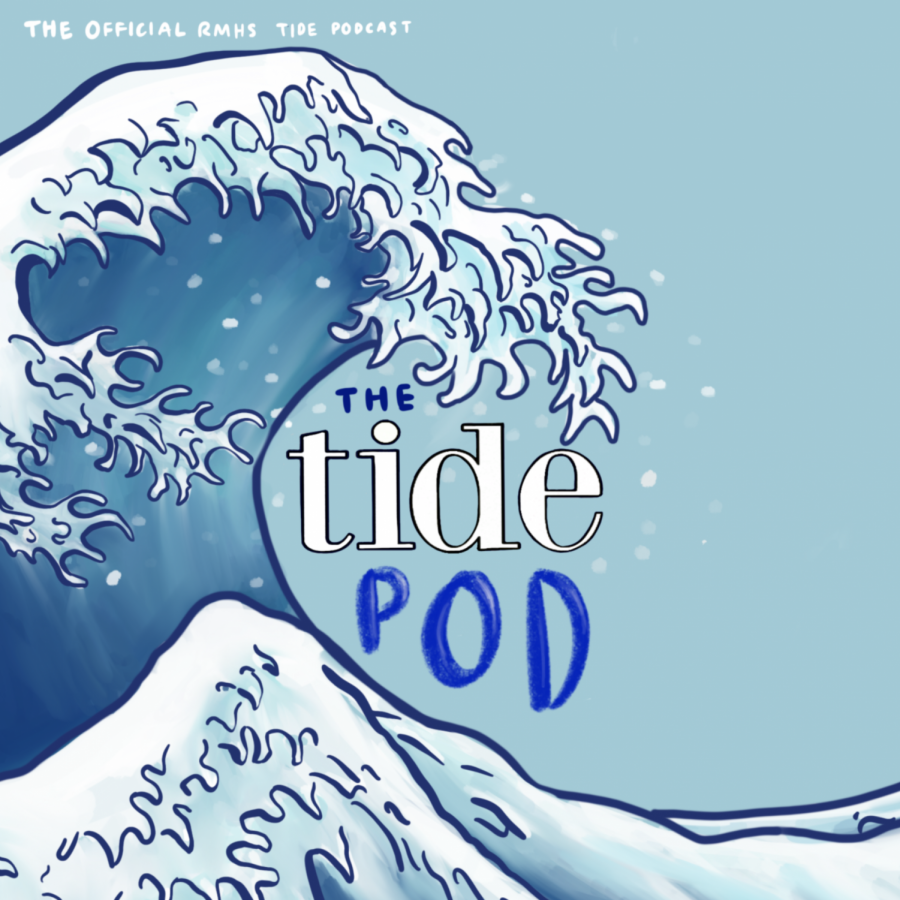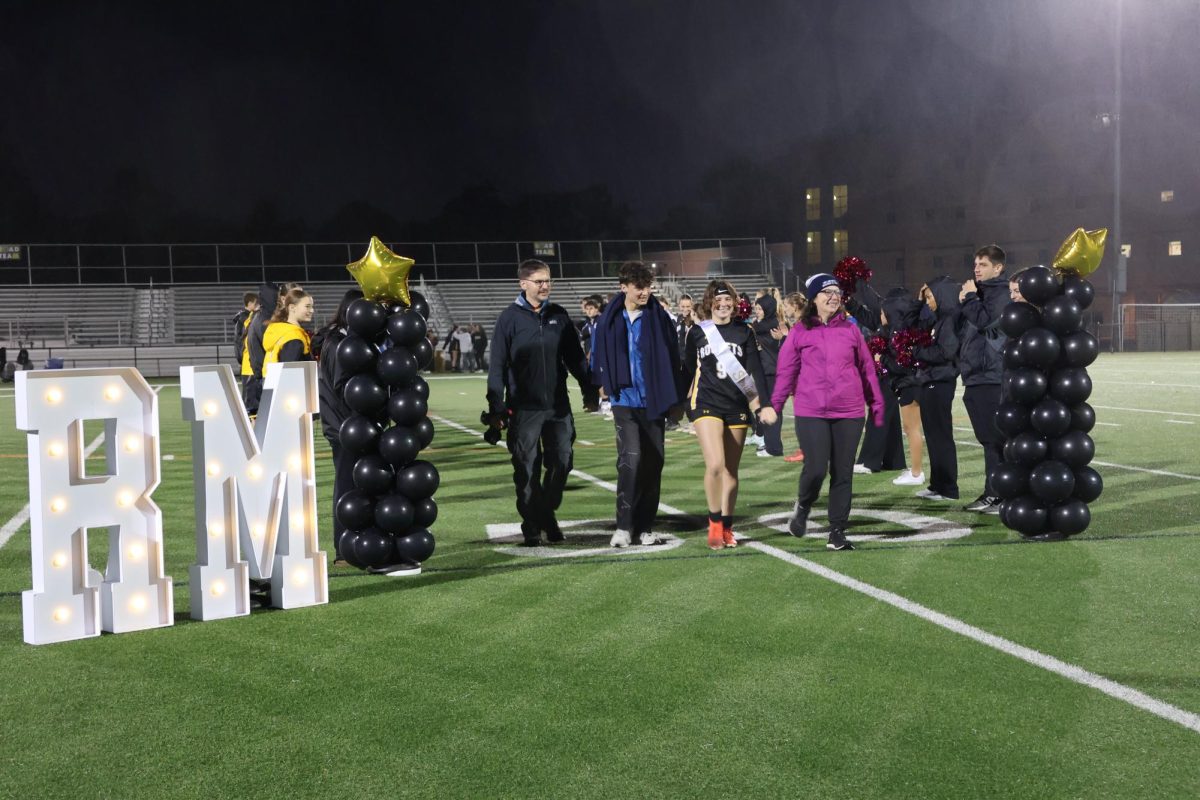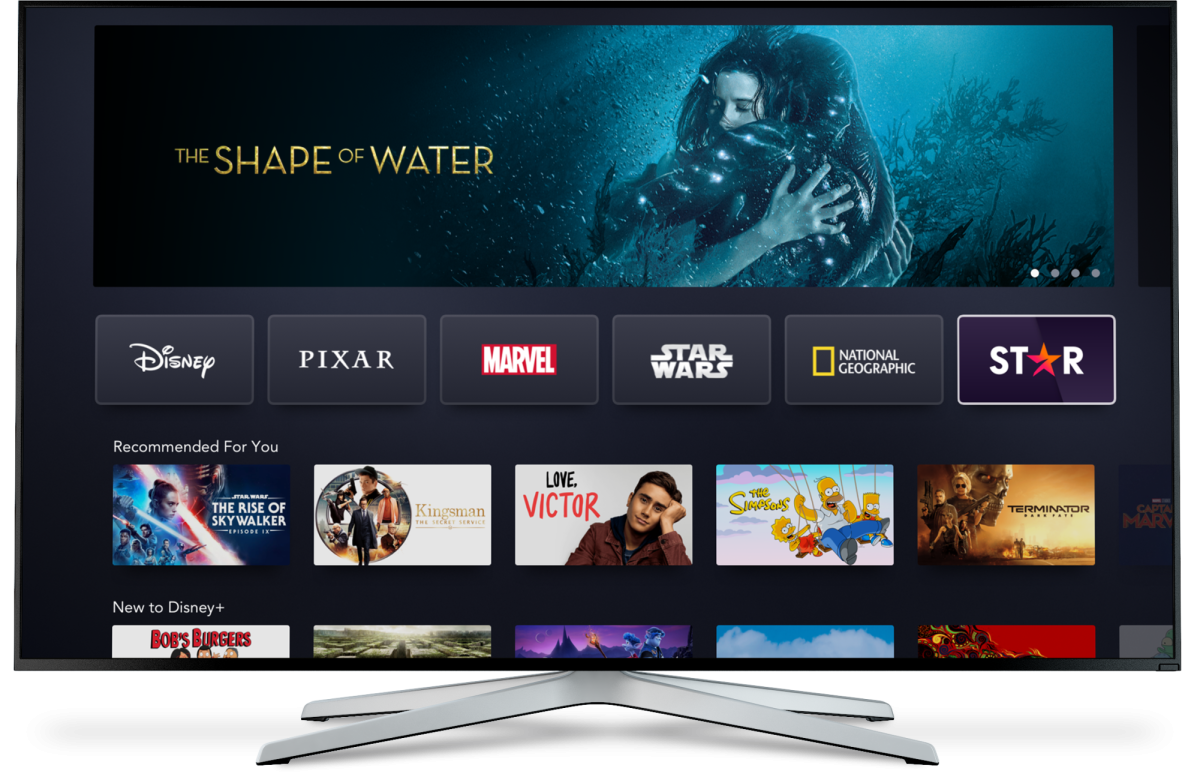Are Ivy Leagues worth it? The short answer would be yes. Education-wise, Ivy League colleges and other prestigious, well-known universities will provide students with knowledgeable professors, exclusive opportunities at top-tier companies, and the company of other ambitious, hard-working students. However, in the Ivy League life, students can feel extreme levels of anxiety and depression.
By going to an Ivy League school, students would have access to a vast web of connections in the professional world ranging from CEOs of top businesses to finance moguls. Although these connections are not the most important factor when applying for jobs, they can give a recent graduate a significant advantage when they are looking for a job. For example, a letter of recommendation from a well-known and respected English professor at Harvard may help someone land a job at The Washington Post far better than a recommendation from a state college professor. The best case would be a professor, who has pioneered the student’s field of interest and knows the student’s strengths, writes a specific and detailed letter. Of course, if that famous professor at Harvard writes a student a quick, shallow letter, the enthusiastic recommendation from state professor may actually be more attractive.
The name of the college has less of an effect in the STEM fields, according to a study done by Michael Hilmer, an economist at San Diego State University. However, people who major in finance or business may benefit greatly from where they went for college. According to The Chronicle, top-tier consulting and investment firms hire almost exclusively from three or four of the top colleges. Depending on which career a student wishes to pursue, the name of their school may either be all-important decider or a simple boost towards their career.
In addition to surrounding students with intelligent and persevering students, the Ivy-League environment can also give people even more useful connections with future influential entrepreneurs and innovators. According to Minding the Campus, “Chris Hughes, the Facebook co-founder and controversial owner of The New Republic, can trace his fortune back to his time as Mark Zuckerberg’s roommate.” The Forbes Magazine 30 Under 30 list, which compiles “most definitive gathering of today’s leading young changemakers and innovators,” states that the five most-attended colleges by “young change-makers” unsurprisingly includes Harvard, Stanford, and University of Pennsylvania. Having future “change-makers” as classmates and roommates to share ideas and collaborate on projects with, would clearly be a highlight to a student’s college experience.
The quality of education provided at Ivy League schools may not be significantly higher than at a second-tier or third-tier school, according to New Republic, however being taught by some of the brightest minds in a certain major and being surrounded by equally passionate and brilliant peers will most likely lead to a heightened educational experience. Each Ivy League student has been chosen from thousands of applications for special skills, academic excellence, and unique awards.
Professors who have attended prestigious colleges and graduate schools and who have demonstrated their skills in their career. For example, in Yale, a student may have a law professor who has been on 60 Minutes, a popular American TV program or a quantum physics professor who has created a new theory about quantum gravity. Ivy League schools comb through hundreds of potential professors seeking out those who have made outstanding publications or widely regarded papers in top conferences. Having professors who have pioneered and significantly advanced their field of study can certainly benefit a student’s academic career because it provides firsthand access to a wealth of knowledge.
Despite all these benefits, it would be prudent to mention the darker side of Ivy-League colleges. Even getting accepted into an Ivy-league school takes years of sculpting the best brag-sheet and writing a phenomenal college admission essay. Students in Ivy Leagues also feel extreme amounts pressure, anxiety, and stress from the sheer weight of expectations on their shoulders and the academic demand from each class. Some students do crack under the pressure and quit for a less competitive and harsh environment.
Also, students at Ivy Leagues may be inclined to pursue more lucrative majors rather than other majors. According to New Republic, “as of 2010, about a third of graduates went into financing or consulting at a number of top schools, including Harvard, Princeton, and Cornell.” Going to an Ivy League is not the best option if a student wants the freedom of having no peer and self pressure to select the most financially promising career. State colleges and other private universities may also have peer and self pressure issues, however they are typically less prominent.
Despite the challenges Ivy-League colleges present, around an impressive ten students from Richard Montgomery are attending Ivy Leagues from the 2016 senior class. They clearly found more pros of attending an Ivy-League than cons.
Ultimately, weighing the pros and cons is up to each individual student, as each person deals with stress differently. The benefits of going to a name brand college depends on which major a student chooses.
By: Emily Zhao


